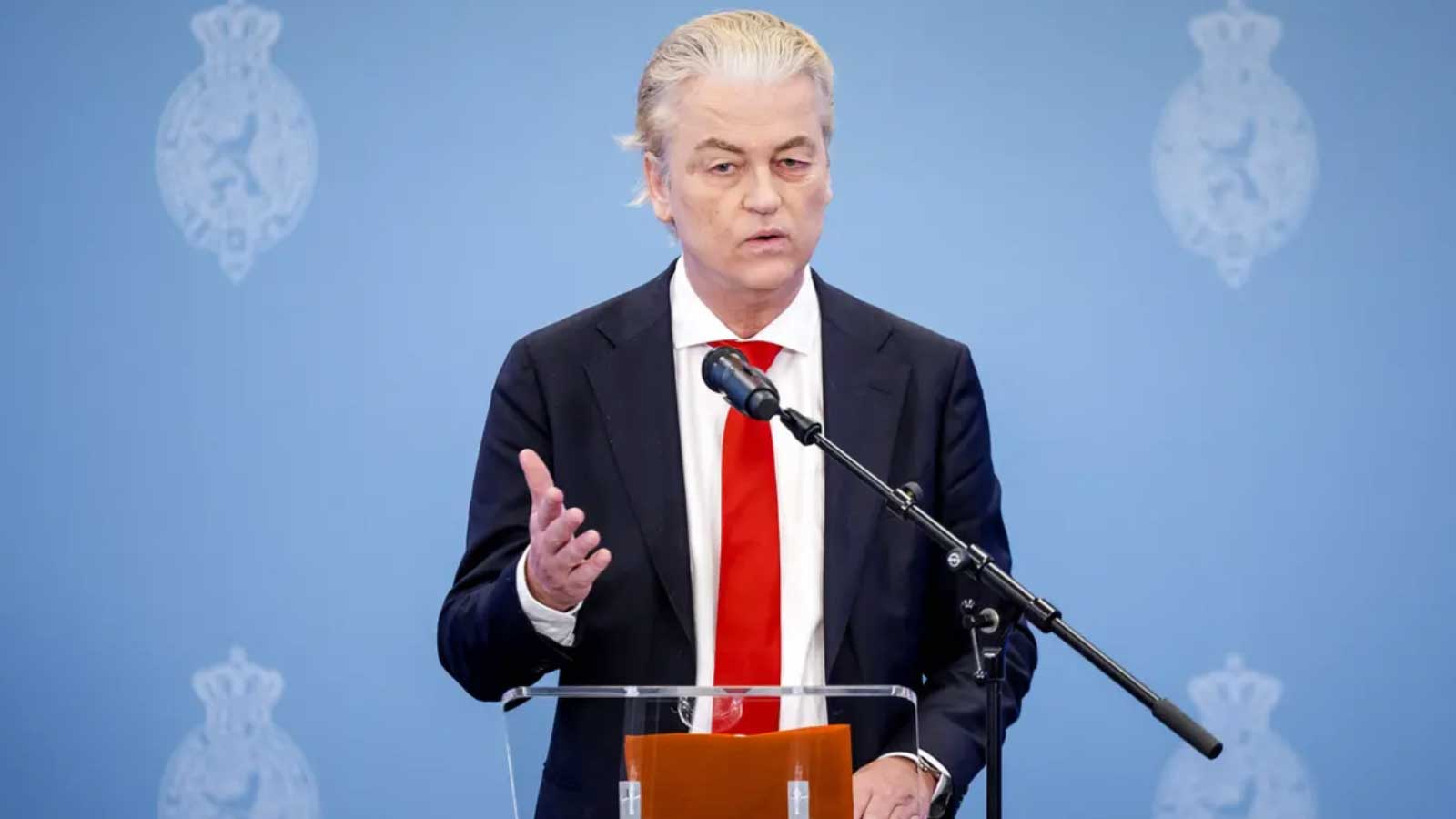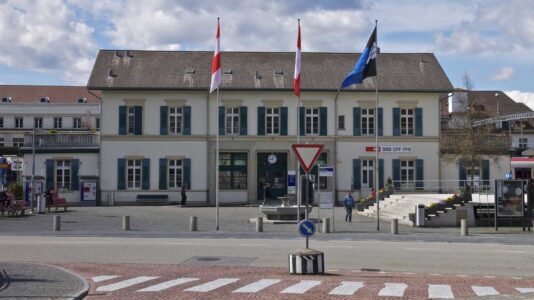Geert Wilders, the leader of the largest party in the Netherlands, has promised to implement the “strictest asylum policy” in Dutch history after reaching an agreement with coalition parties to form the country’s most right-wing administration in decades.
In a press conference on Thursday, the conservative Party for Freedom (PVV) leader listed a range of measures the new coalition would be adopting, including a push to opt out of the European Union’s controversial asylum and migration pact approved earlier this week.
“The sun is starting to shine again in the Netherlands,” Wilders told press as he announced the right-wing administration would prioritize reform of an asylum policy that has left public services saturated and sparked a shift to the right in November’s election.
“A lot is going to change. There will be an asylum crisis law. There will be border controls. There will be a ban on the priority of social housing for status holders,” he said.
The PVV leader hinted at Dutch opposition to the EU’s migration pact as he vowed to “fight for an opt-out on asylum in the European Union” and promised the abolition of “indefinite asylum permits.”
But Wilders also painted a picture of the economic conservatism awaiting the country under the stewardship of the right-wing government, revealing the coalition agreement calls for billions in tax relief for Dutch workers, lower energy taxes, cuts to foreign aid, and a reduction in fuel tax from next year.
In a blow to environmentalists, the Dutch politician announced a reversal of the requirement for heat pumps to replace gas boilers, a renewed focus on nuclear power, and a promise of greater support for farmers and fishermen in their fight against draconian measures brought in under the EU’s Green Deal.
He also announced measures relating to healthcare reform including greater investment in social care for the elderly.
A tougher approach to terror and the expedited deportation of criminal refugees was also announced as a priority for the new administration.
It’s taken six months of talks between the four right-wing and center-right parties to come to an agreement following the landslide electoral victory for Wilders’ PVV late last year. The conservative politician had to abandon his hopes of becoming the successor to Mark Rutte as the next Dutch prime minister to get the agreement over the line after coalition partners expressed concern that he was too much of a divisive figure.
Finally, an agreement was reached between Rutte’s former party, the conservative-liberal VVD now led by Dilan Yeşilgöz, the centrist New Social Contract headed by Pieter Omtzigt, and Caroline van der Plas’ Farmer-Citizen Movement.






